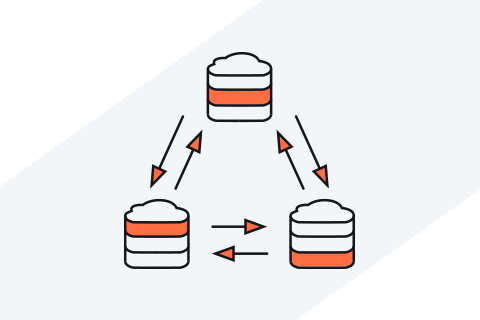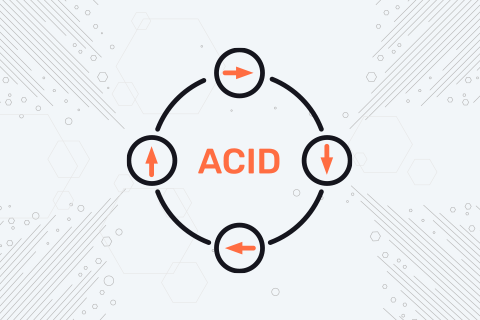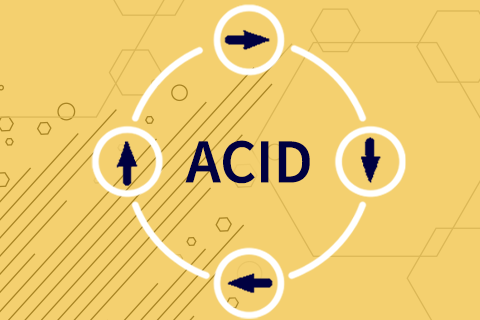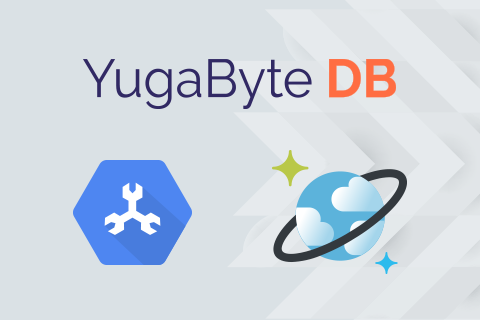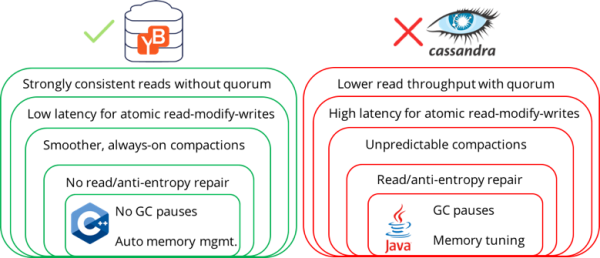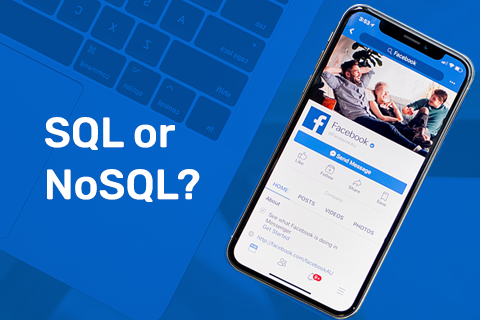Google Spanner vs. Calvin: Is There a Clear Winner in the Battle for Global Consistency at Scale?
Prof. Daniel Abadi, lead inventor of the Calvin transaction management protocol and the PACELC theorem, wrote a thought-provoking post last month titled “NewSQL database systems are failing to guarantee consistency, and I blame Spanner”. The post takes a negative view of software-only Google Spanner derivative databases such as YugabyteDB and CockroachDB that use Spanner-like partitioned consensus for single shard transactions and a two phase commit (2PC) protocol for multi-shard (aka distributed) ACID transactions.
…
